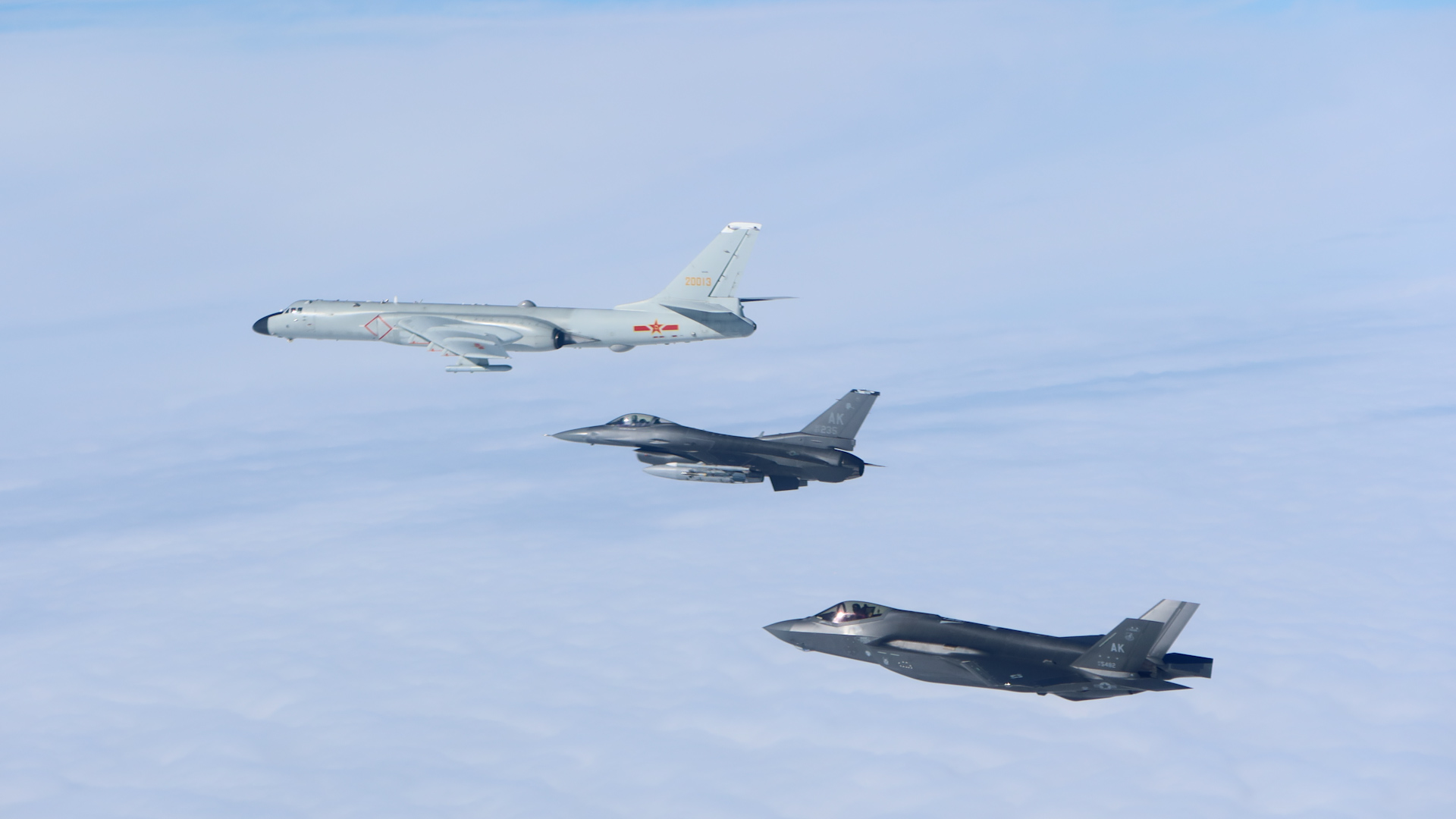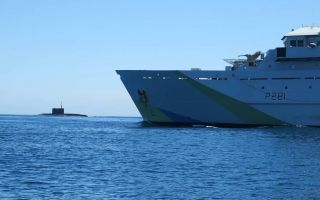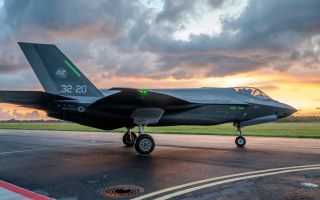
China working closely with Russia to become an Arctic power, Pentagon warns

Greater attention and resources must be dedicated to the Arctic region with the "disturbing" increased levels of collaboration between Russia and China, warns the Pentagon.
Speaking at the Centre for Strategic and International Studies, Iris A Ferguson, the deputy assistant secretary of defence for Arctic and Global Resilience, believes China is working closely with Russia to be seen as an Arctic power.
Addressing the increased attention that China has in the Arctic, she warned that Chinese leaders see the strategic region as a "new source of raw materials and new avenues for manifesting its growing power".
The senior US defence official says this new military cooperation between Russia and China north of Alaska could cause the US to hold more military drills as a deterrent.
Ms Ferguson highlighted that even with Russia's war on Ukraine, Russian president Vladimir Putin is investing heavily in military and economic strategies in the Arctic.
"We're seeing Russia continue to have immense focus on the Arctic region, and it's part of their… security calculus, vis-a-vis the US and Nato," she said.
"Despite the attrition in Ukraine, we still see them... heavily focused on the region."
'Disturbing'
The deputy assistant secretary of defence told the audience how disturbing the increasing levels of collaboration between Russia and China was, "especially in the military domain".
In the summer of 2023, Russia and China exercised together in the Bering Strait.
"Just this past summer, right after we released our department [Arctic] strategy, we saw a joint bomber patrol off of the coast of Alaska."
There has also been increasing cooperation between the Chinese and Russian coast guards in the region.
"This kind of increasing levels of military cooperation is new," she said. "Certainly, it's new within and around Alaska."
Effect of climate change
Ms Ferguson also noted that a shifting climate is accelerating the pace of change in the region.
So while China may not directly neighbour the Arctic, the rising temperatures in the region would open up economic opportunities for Beijing, including new shipping routes.
"Climate change is still a factor in the region, where the region warms at some four times the rate of the rest of the world," she said.
That leads, she explains, to more access for settlements in the High North and more chances for what she calls "competitor activity".
"[China] is one of the newer entrants on the scene," Ms Ferguson said. "Over time, the strategic interests that they have in the region are… giving us pause. How their long-term vision for the region could affect our interests, is [also] giving us pause."
DOD Arctic strategy
Regular joint operations are carried out in the Arctic by the US and Nato allies, known to the alliance as the High North, to practise operating in cold conditions and to deter Russian aggression.
In July, the Pentagon's Arctic strategy addressed the "increasing collaboration between the People's Republic of China and Russia, and the accelerating impacts of climate change".
It said: "This increasingly accessible region is becoming a venue for strategic competition, and the United States must stand ready to meet the challenge alongside Allies and partners".
US defence's new Arctic strategy is aimed at preserving the region as a place that is both stable and secure, Ms Ferguson said.
"We're also really focused on engaging with our allies and partners," she said.
She added that the US is working on using military exercises in the region. "We've long had exercises that operate in the region, but we're really looking at how we can use those as a deterrent effect, working alongside our allies and partners," she said.
"There's an evolution in how competitors think about the region. We're going to continue on the DOD side to monitor military activity."








